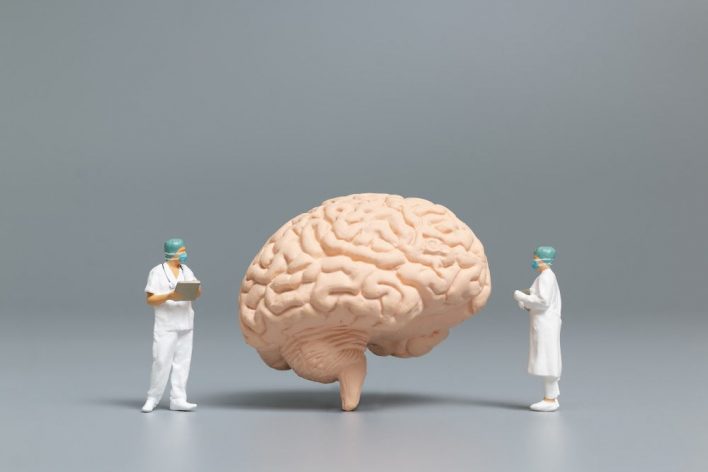
If you have ever wondered Why Mental health is so important, you’re not alone. Studies have shown that up to 20% of the adult population suffers from a mental illness. This figure goes up to 46% for teenagers and 13% for children. Chances are you know someone struggling with mental health, whether they live next door or teach children. Unfortunately, more than half of these people go untreated due to the social stigma associated with mental illness. Unfortunately, this can have devastating consequences, resulting in higher medical costs, poor performance, decreased employment opportunities, and a greater risk of suicide.
Exercise improves mental health
A recent study examining the relationship between exercise and mental health found that people who engage in physical activity have better mental health. The amount and frequency of exercise also played a role, with less than half an hour of vigorous exercise per week significantly reducing the benefits of improving mental health. To get started on the road to improved mental health, it is helpful to identify specific types of exercise and how often to engage in such activities. To increase the benefits of physical activity, try to include at least 30 minutes of physical activity three or four times per week.

Physical activity, especially aerobic activity, helps improve a person’s mood. Exercise releases endorphins, chemicals that promote happiness. These chemicals improve self-esteem, sleep patterns, and memory. People can choose between aerobic exercises, strength exercises, and physical activities to promote improved mental health. The benefits of physical activity are not limited to improving the body’s mood. You can choose between a wide range of physical activities, such as swimming, bicycling, and stair climbing.
Meaning and purpose are essential to brain health
Finding meaning and purpose in life has many health benefits, including lower stress levels, improved mood, and reduced suicidal ideation. It is also associated with fewer health risks, such as depression, cardiovascular disease, and abdominal fat. Researchers at the Rush Alzheimer’s Disease Center studied 900 older adults over a seven-year period. They looked at people’s life purpose, as well as their blood pressure, social network size, and other factors.

The existence of meaning and purpose is associated with robust brain health. According to a study published in the Archives of General Psychiatry in 2010, ‘purpose in life’ was associated with robust brain health. The researchers at Rush Medical Center in Chicago conducted baseline assessments of purpose in life, as well as other indicators of overall brain health. They followed up with these participants for seven years and measured cognitive abilities and symptoms of Alzheimer’s disease.
Stress affects mental health
Stress affects your body, mind, and emotional well-being. It causes your heart and breathing to quicken and affects other body systems, such as digestion and sleep. Research shows that stress can also lead to physical problems, including cardiovascular disease, gastrointestinal disorders, and stomach ulcers. While the effects of stress on the body are relatively consistent across people, some individuals are more susceptible than others to it. To better understand how stress affects your body, here are some common symptoms and ways to reduce the negative effects of stress.

Chronic stress causes anxiety and depression. Anxiety and depression are two of the most common mood disorders. While genetics play a role in mental health, chronic stress increases the risk of these disorders. The hormones released during chronic stress disrupt serotonin levels, which affect our mood. Changes in serotonin levels can lead to anxiety or depression. People with depression are more susceptible to anxiety and stress, while people with low levels of stress may be genetically predisposed to the disorder.
Treatment options for mental disorders
Psychotherapy is one of the many treatments for mental disorders. It can help a person understand their underlying issues and may prevent them from self-harming or isolating themselves. In some cases, medication is required to reduce the symptoms of a mental disorder and allow a person to return to their normal routine. Other forms of therapy, such as alternative medicine, can also be helpful. This article will discuss some of the most common types of psychotherapy.

Many people suffer from some type of mental illness. These illnesses interfere with the way they think, feel, and behave. Often, treatment for mental health issues will consist of both medication and talk therapy. The person with a mental illness is not at fault – it’s just a medical condition that interferes with their ability to function. The treatment options for mental disorders will vary depending on the symptoms and the severity of the disorder.